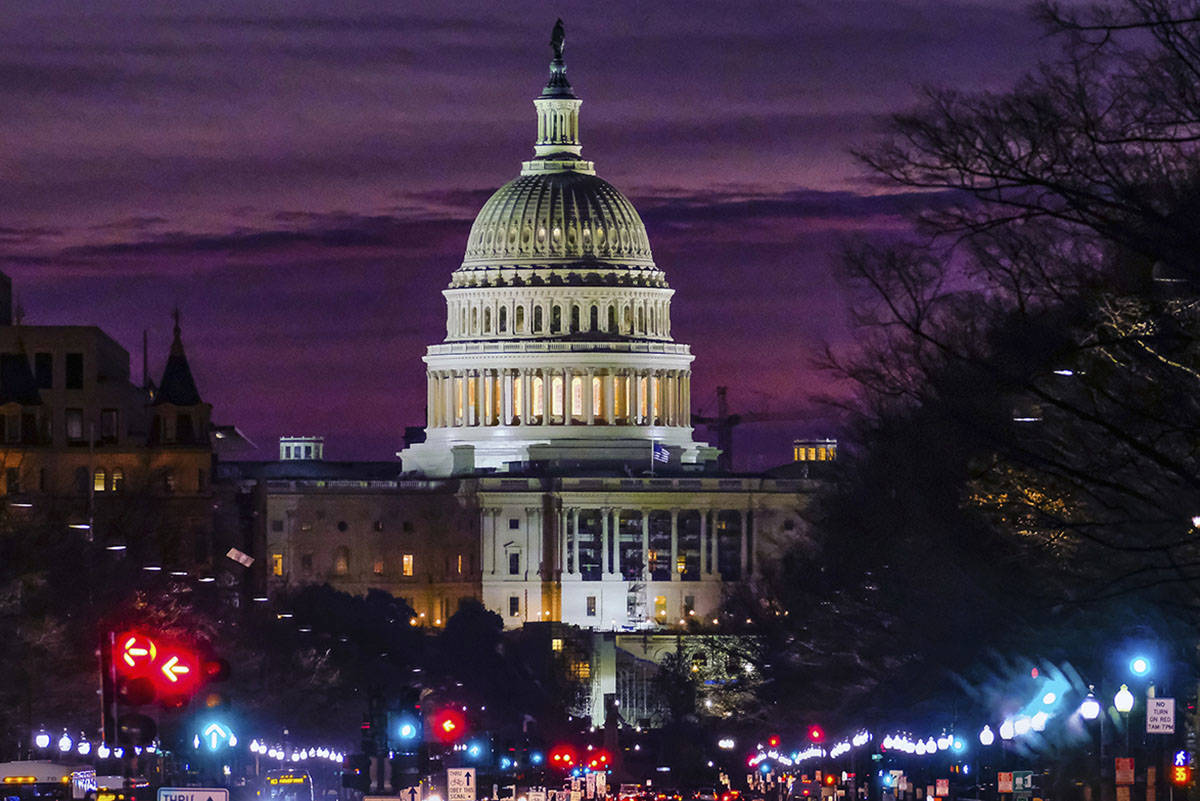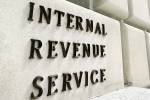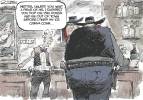Lawmakers return to Washington to debate aid for cities, states
WASHINGTON — Congressional lawmakers will begin to trickle back into the nation’s capital on Monday with the Senate opening its doors for the first time in a month while the House, citing the advice of attending physician in Congress, will remain at home.
Like anything inside the Beltway, actions by the Republican-led Senate and the Democrat-controlled House create political overtones.
The reopening of Congress is nothing different as lawmakers from both parties bicker over returning and relief legislation to lessen the public health and economic impact of the coronavirus.
House Majority Leader Steny Hoyer, D-Md., noted that cases of COVID-19 and deaths due to the coronavirus continue to grow in the District of Columbia and neighboring states of Virginia and Maryland.
Rear Admiral Brian Monahan, the attending physician of Congress, said his office lacks the testing capacity and equipment needed to monitor lawmakers.
In the Senate, some lawmakers have balked at being called back into session with the risk involved.
Sen. Catherine Cortez Masto, D-Nev., said the Senate should follow the advice of experts, a spokesman said. Still, she plans to be in Washington on Monday for scheduled votes in the Senate on confirmation of federal judges sought by Senate Majority Leader Mitch McConnell, R-Ky.
A conference call with House Democrats turned into a screaming match as some lawmakers argued the party that has preached adherence to science and medical officials was now going against that advice, and that doing so would would open them up to the scorn heaped on the Trump administration.
Working from home
While the House decided to wait to return, Speaker Nancy Pelosi, D-Calif., told the teleconference they would continue to work on legislation and the needs of states and cities to keep front-line workers in the coronavirus battle on the job.
McConnell said he wants to take a slower approach to funding for states and cities in the next relief bill, arguing that federal taxpayers should not be forced to pay for mismanagement of union and public employee pensions in some cities.
He told Fox News he was not going to borrow money from future generations to bail out states for “bad decisions they’ve made in the past unrelated to the coronavirus.”
Funding for cities and states is just one issue that must be hammered out between congressional negotiators already working to cobble together a relief bill that can be passed when Congress returns and and be signed into law by President Donald Trump.
Pelosi shrugged off a question by a reporter about the House being at a disadvantage because the House lawmakers remain away from the Capitol.
“We can’t be bothered by whether we’re disadvantaged to the Senate,” Pelosi said. “What we have to be bothered about is the health and safety of our workers in the capital of the United States as we do the work for the American people.”
Help for cities
As Congress eyes a fourth relief bill, Nevada lawmakers are making the case to address the needs of the state, which was hard hit by the closure of casinos, hotels, entertainment venues and other businesses.
The National Governors Association, a group of bipartisan officeholders, is seeking $500 billion to help offset costs and the loss of revenue due to coronavirus. Nevada Gov. Steve Sisolak, a Democrat, as well as Republican Gov. Larry Hogan of Maryland, chairman of national governor’s group, support the request.
Meanwhile, the U.S. Association of Mayors is asking Congress for $250 billion for cities with populations of fewer than 500,000 — which were cut out of an earlier stimulus bill — to help mitigate lost tax revenues and to prevent layoffs of employees who provide essential services.
Sen. Jacky Rosen, D-Nev., told Nevada reporters in a teleconference call last month that those funds for cities were critical. She noted that only one one Nevada city, Las Vegas, was large enough by population to apply for funds set aside in the most recent $2.2 trillion package.
In southern Nevada, Rep. Dina Titus, a Democrat, spoke with mayors of Boulder City, Mesquite, Henderson and North Las Vegas about the impact or the coronavirus.
“They discussed needs in terms of personal protective equipment, testing and budget shortfalls,” Titus said, adding that she would push for funding for those cities.
Henderson Mayor Debra March told lawmakers and Rep. Susie Lee, D-Nev., that budget shortfalls threaten current city services.
Trillion dollar relief
The outcry from state and local governments has led Pelosi to seek $1 trillion in funding in the next coronavirus spending bill — a total objected to by McConnell in the Senate.
Senate Democrats also plan to leverage their position to get funds for states.
Cortez Masto said the fight is to get state, local and tribal governments “the funding they need to keep essential operations running and that the funding they receive is flexible so they can cover lost revenue as a result of this pandemic.”
Meanwhile, Nevada lawmakers are seeking funding for other issues. Lee wants $15 billion for workforce training.
Rep. Steven Horsford, D-Nev., is seeking to increase unemployment benefits and an additional $2,500 per person in direct aid from the government to help families struggling with the economic fallout.
Contact Gary Martin at gmartin@reviewjournal.com or 202-662-7390. Follow @garymartindc on Twitter.






























